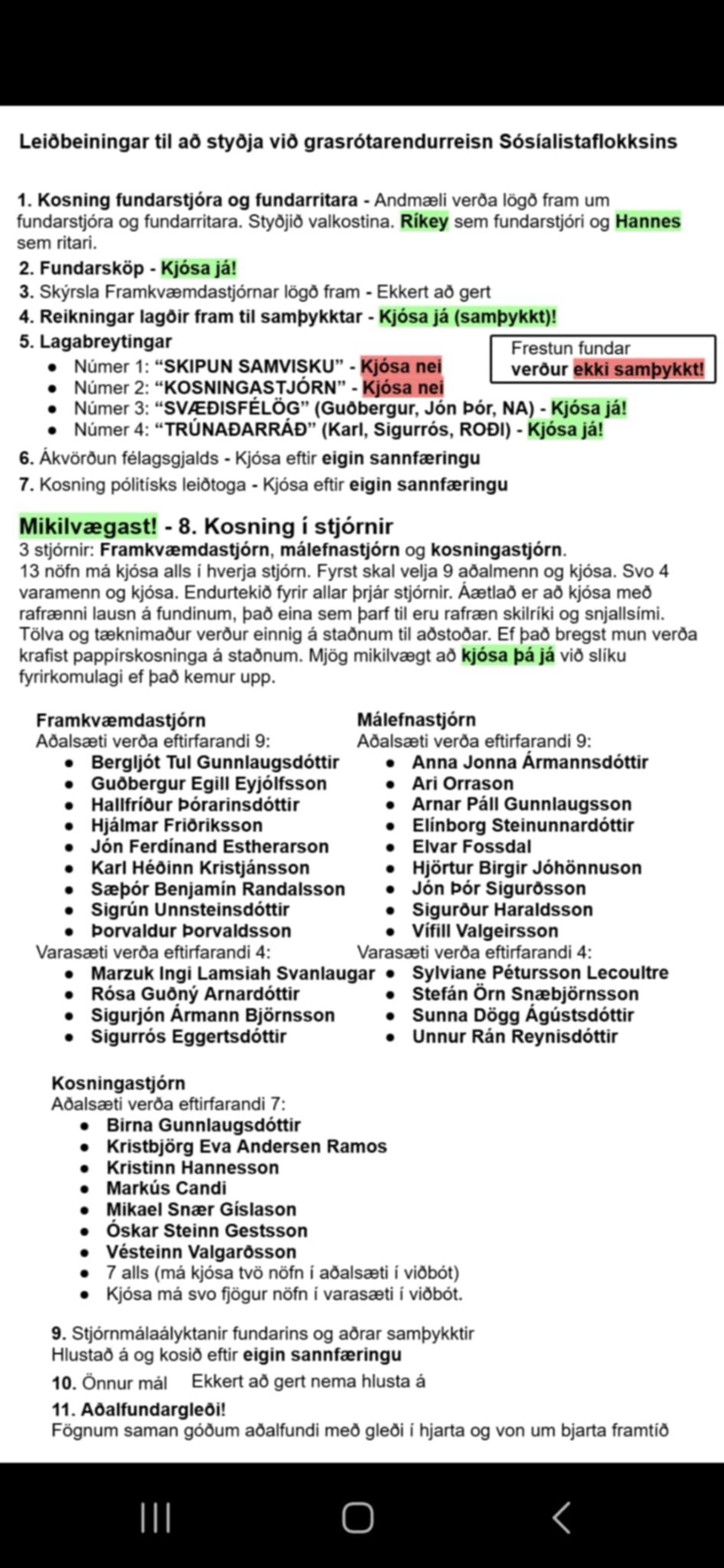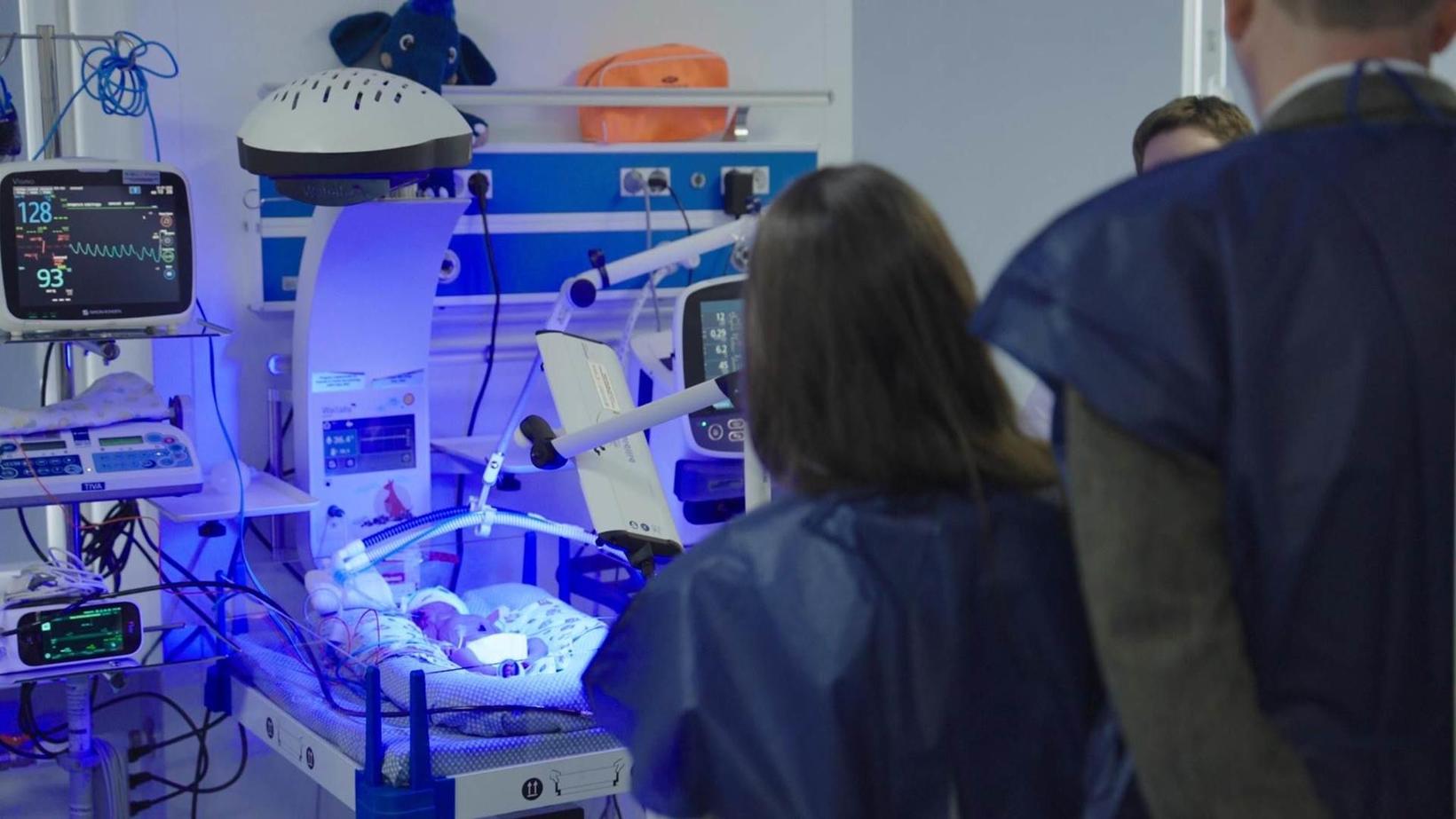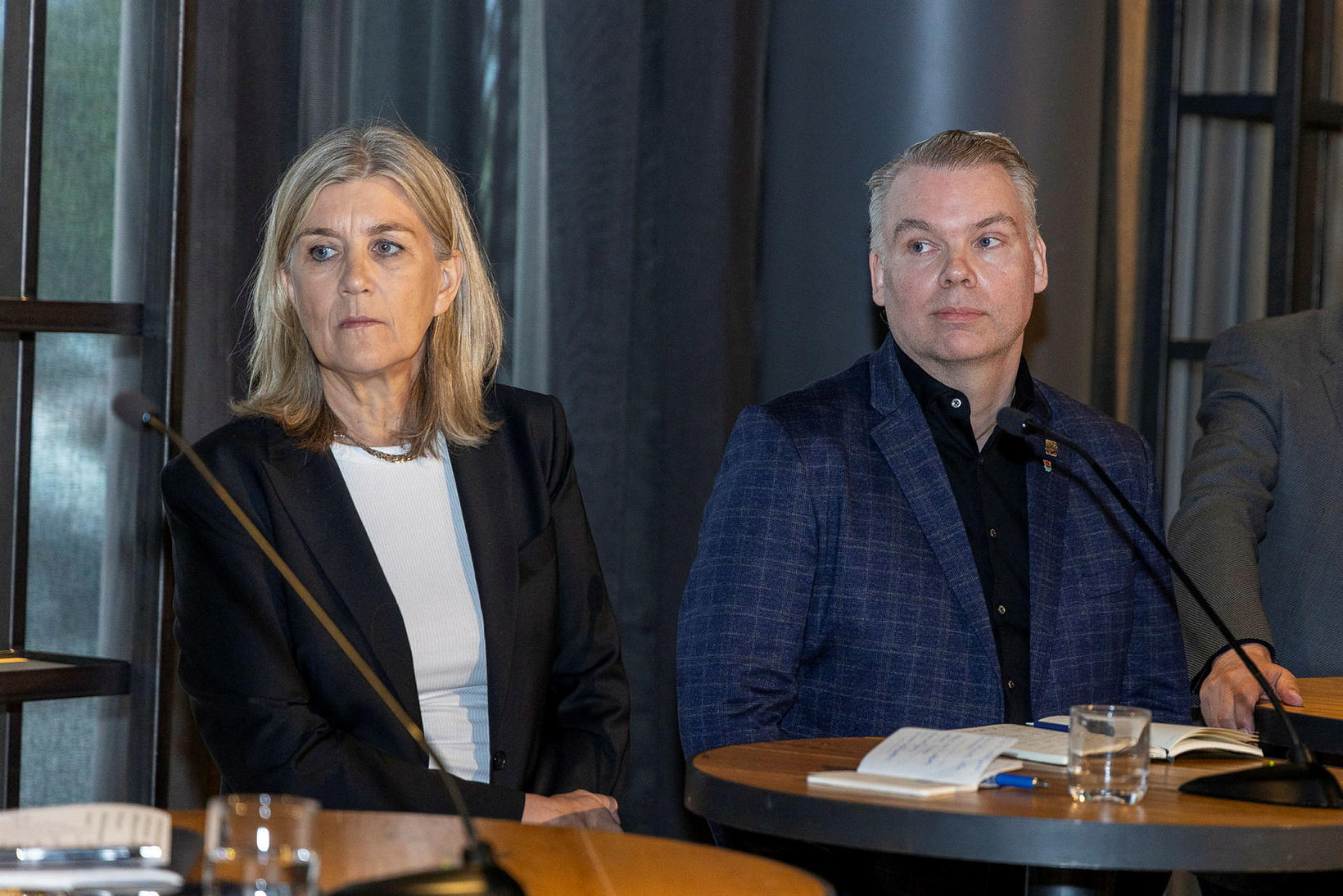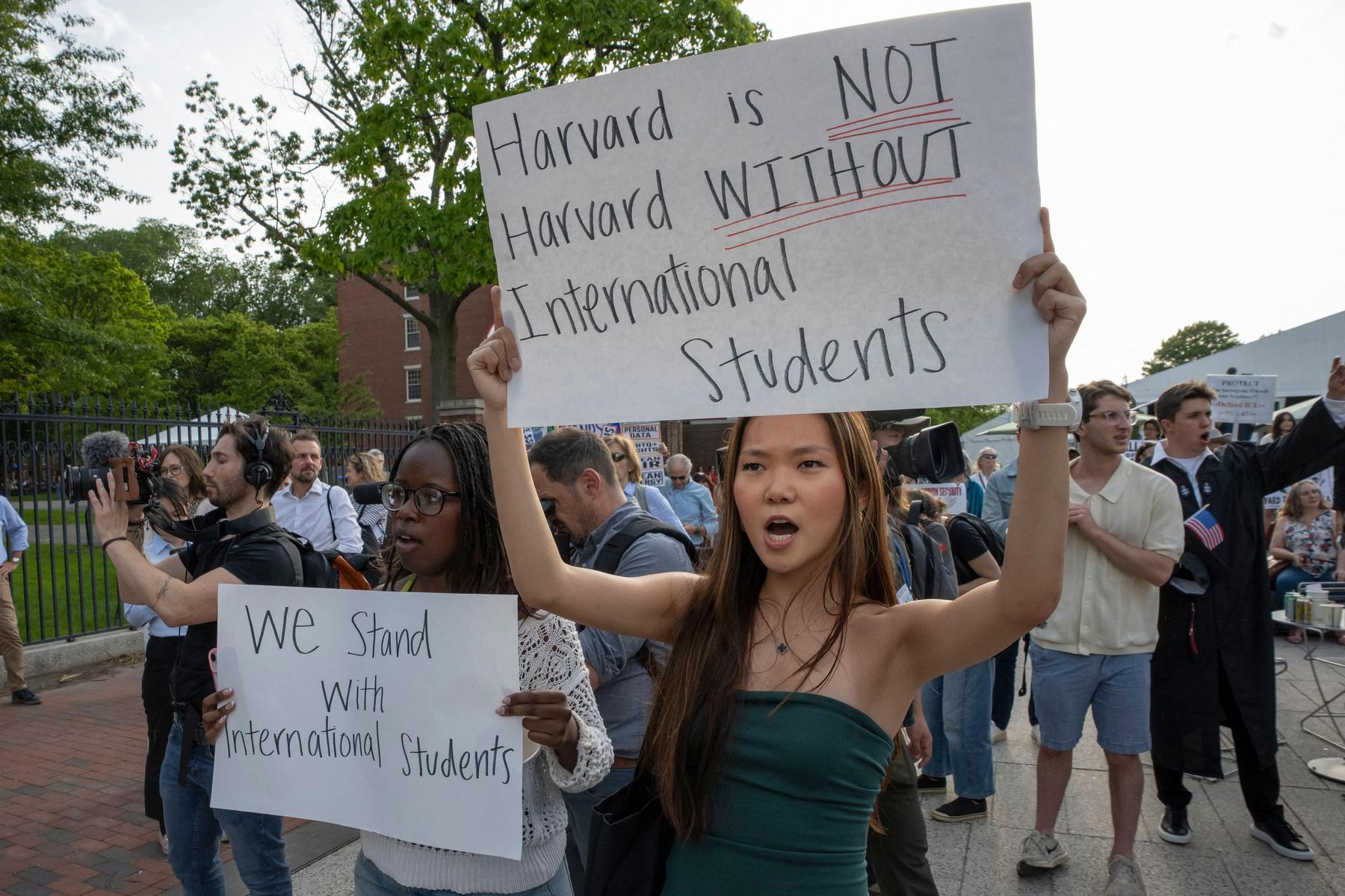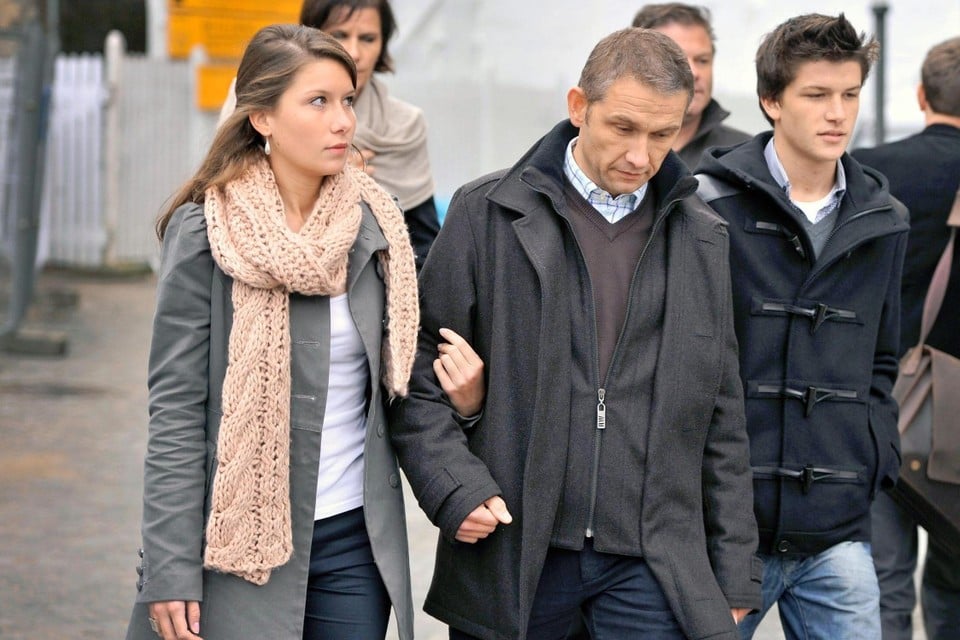About 90% at preferred or very good mental health
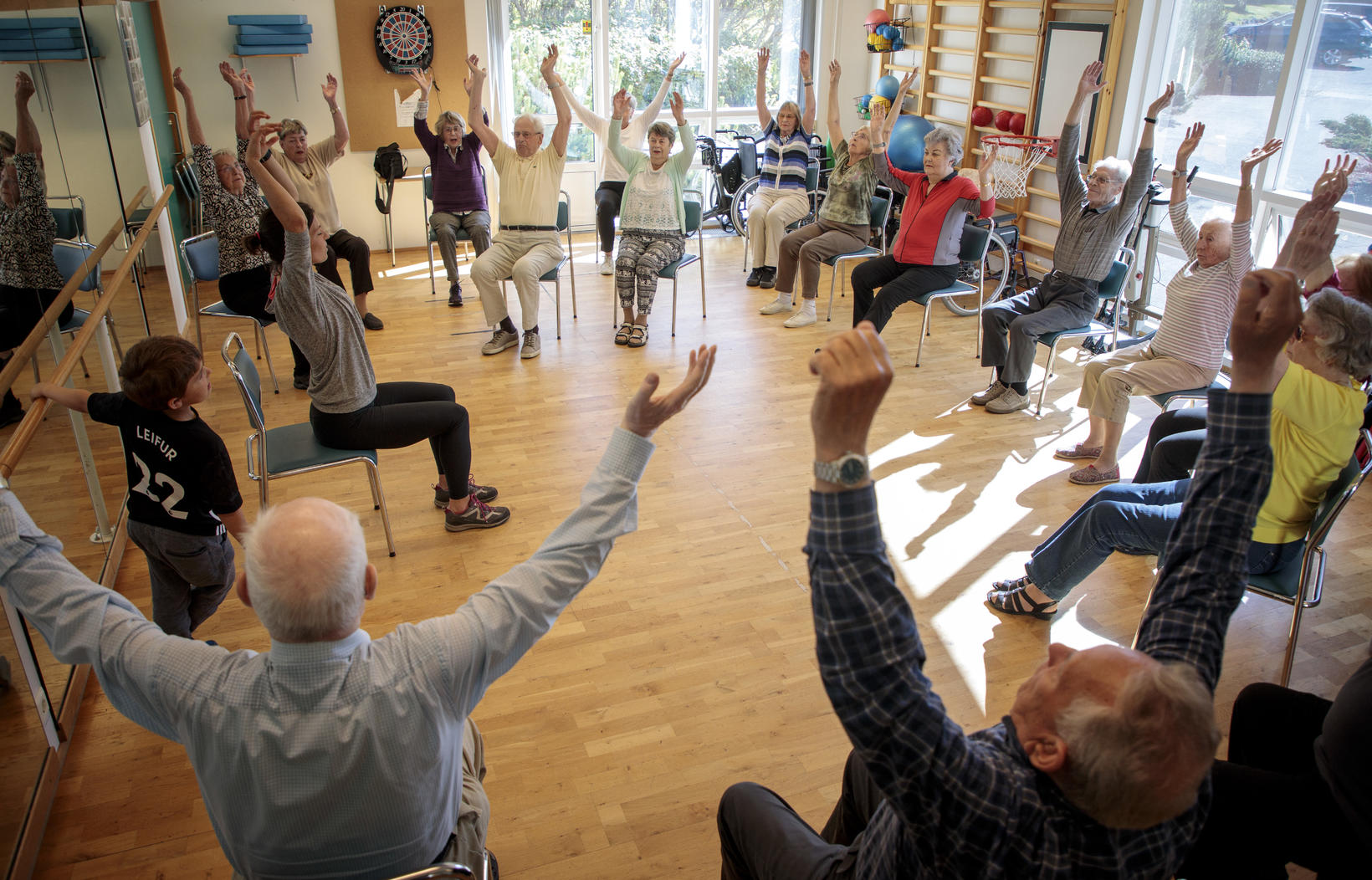
About 90% of older people consider themselves to be more eor very good mental health if the results of the Institute of Social Sciences Research can be limited to the University of Iceland’s Hagar and the well -being of older people in Iceland.
About 69% consider themselves to be Rather or very good physical health. In a statement from the Government of Iceland, this is in line with the results of previous years, but the analysis was prepared at the request of the Ministry of Social Affairs.
The analysis was compiled from the Internet and Telephone Survey that was submitted before November 4 to December 10, 2024, but was asked on general health, attitudes toward health care in Iceland, assistance in daily life, home care, residence, business, finance, social activity, computer activity and more.
Many move and few need help with daily activities
Helgi Guðmundsson, project manager at the Social Sciences Institute and author of the analysis, reviewed the main results of today’s presentation meeting.
Many said they were regularly exercise, but more than a quarter of respondents went for example over 2-3 times a week and 30% four times a week or more.
About 59% of people aged 67-69 did not need assistance in shopping, cooking, cleaning, online banking or other online lectures.
In the oldest age group, 88 years and older, however, 88% needed assistance with the aforementioned items. Overall, it was most common for a spouse to help with daily life projects.
Satisfied with the service
15% of older people had home care and over half of individuals 88 years and older received such services. Then the vast majority of the service considered sufficient. About 84% of those who received home care were satisfied with home services in their municipality.
59% felt that they had rather good or very good access to health care. 54%, however, thought the services of health centers have deteriorated over the past five years. About half considered health care to be further or very cheap.
The vast majority goes on their travels on their own vehicles
Participants were asked how they were usually traveling, but about 86% said they were driving their own vehicles. In the oldest age group, 88 years and older, 37% of respondents drove. Then it was quite common (38%) for people to go on their journey as a rule.
Among those who were 67-69 years old were 38% still employed, which dropped to 14% among those who were 70-72 years. Of those who were not in paid work, 12% wanted to be in the labor market. It is somewhat lower than previous years.
Household disposable income was an average of ISK 700,000 per month and was just over ISK 100 thousand higher in men than women. 17% of older people sometimes or often had financial worries, which was more common among those younger than people who were over eighty.
Although the majority (71%) of older people say they were not lonely, 12% were sometimes lonely and 4% rather often, very often or always lonely. Loneliness was more common among men (87%) than women (81%) and 33%were widowed and widow sometimes, rather often, very often or always lonely.
The majority of older people consider themselves to have little, very little or no social isolation. However, 27% spend more time alone than they wanted and 6% say they live in rather high or very high social isolation.
Most older people (78-93%) are in telephone contact or get/visit children, relatives or friends at least once a week, regardless of age. They are more likely to use the Internet to contact us. However, a great major part (96%) has a computer or smart device and there is an increase from previous years.
Participants were asked if they had been subjected to physical, mental, financial violence or neglect. Like previous years, there were few who answered yes. Most commonly, older people had suffered spiritual violence and answered 4%, yes.
More than half (56%) considered the attitudes of older people in society to generally was positive, and it was similar to that in recent years, according to the announcement.

